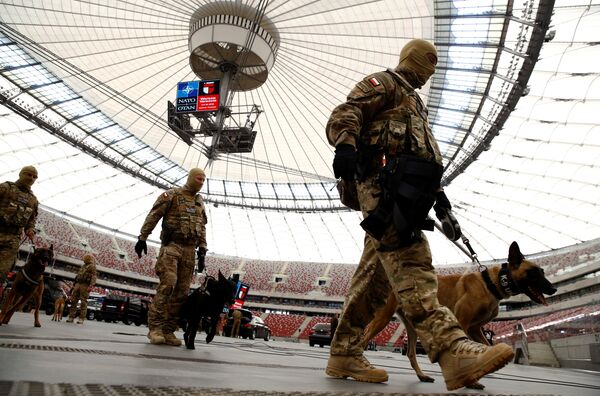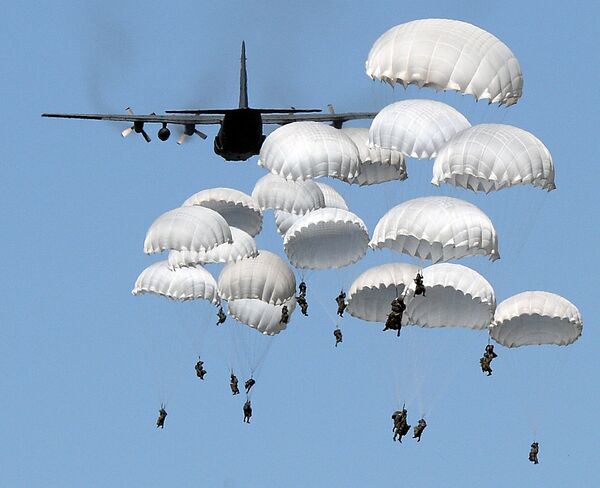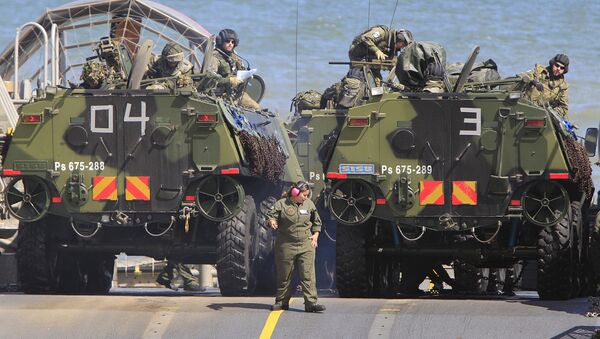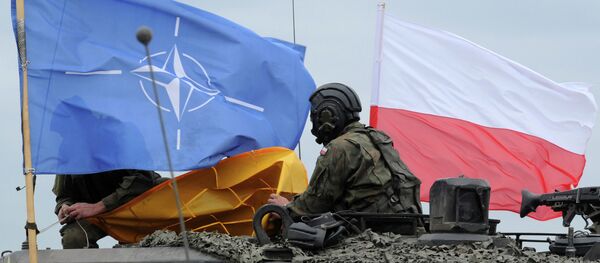"We agree with what [Frank-Walter] Steinmeier said," she told one of Italy's leading newspapers Corriere della Sera. Last month, the German Foreign Affairs Minister warned NATO against "loud saber-rattling and warmongering" that would only put extra strain on relations with Russia.
Pinotti pledged to "maintain a dialogue [with Russia], that we will necessarily intensify." She also said that Italy will fulfill all its responsibilities as a NATO member, but added that it "is a mistake" to think that the bloc's eastern border is "only a source of risks and threats." It is "actually a frontier where bridges should be built" at a time when the world has to deal with the challenges posed by international terrorism.
"It would be foolish to revive the war of the past, considering that we face the risk of terrorist attacks at home and in the whole world," she added, referring the Cold War era confrontation between the West and the Soviet bloc.

The bloc will formally approve a set of measures aimed at enhancing its military presence in Eastern and Central Europe, as well as the Baltic region. Russia has long stated that these steps pose a threat to its own security and regional stability. In addition, Moscow views NATO's increased saber-rattling and belligerent rhetoric as provocative.
One of NATO's new measures aimed at countering Russia includes deploying four multinational framework battalions to Estonia, Latvia, Lithuania and Poland. They will be established and led by Canada, Germany, the United Kingdom and the US.

Poland has long advocated for NATO's greater military presence in the region to protect post-Soviet states from what has been often referred to as Russian "aggression," despite Moscow repeatedly saying that it poses no threat to its neighbors and beyond.
Macierewicz, a hardliner with regard to Poland's stance on Russia, has promised that Warsaw will make every effort to enhance NATO's military presence in the region if the bloc's latest measures do not lead to "a change in Russia's behavior."
"Should that change occur, NATO would certainly not need to develop further forces here. But if it's necessary, we will push for it," he said, without elaborating what this shift might be.



